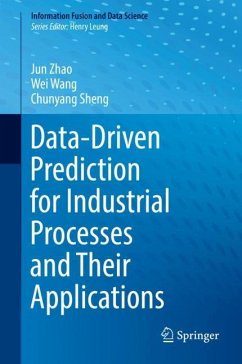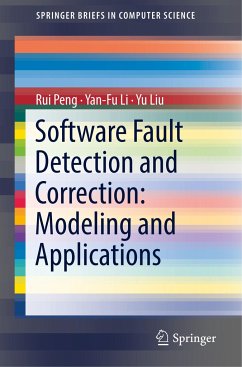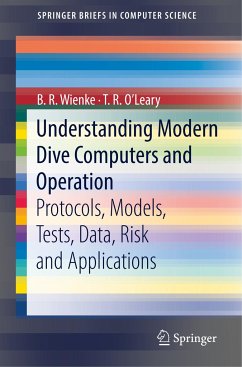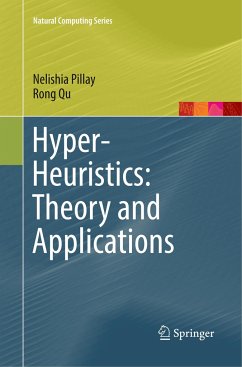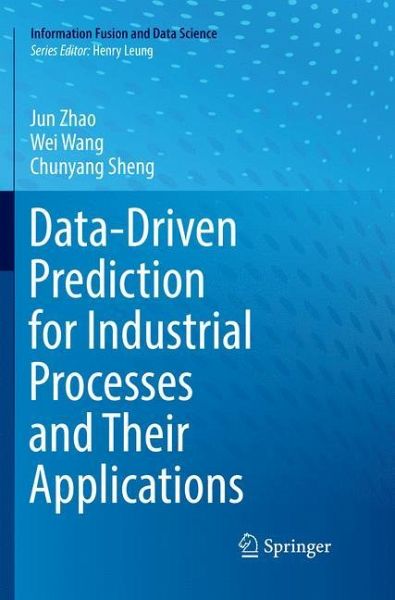
Data-Driven Prediction for Industrial Processes and Their Applications
Versandkostenfrei!
Versandfertig in 6-10 Tagen
98,99 €
inkl. MwSt.
Weitere Ausgaben:

PAYBACK Punkte
49 °P sammeln!
This book presents modeling methods and algorithms for data-driven prediction and forecasting of practical industrial process by employing machine learning and statistics methodologies. Related case studies, especially on energy systems in the steel industry are also addressed and analyzed. The case studies in this volume are entirely rooted in both classical data-driven prediction problems and industrial practice requirements. Detailed figures and tables demonstrate the effectiveness and generalization of the methods addressed, and the classifications of the addressed prediction problems come...
This book presents modeling methods and algorithms for data-driven prediction and forecasting of practical industrial process by employing machine learning and statistics methodologies. Related case studies, especially on energy systems in the steel industry are also addressed and analyzed. The case studies in this volume are entirely rooted in both classical data-driven prediction problems and industrial practice requirements. Detailed figures and tables demonstrate the effectiveness and generalization of the methods addressed, and the classifications of the addressed prediction problems come from practical industrial demands, rather than from academic categories. As such, readers will learn the corresponding approaches for resolving their industrial technical problems. Although the contents of this book and its case studies come from the steel industry, these techniques can be also used for other process industries. This book appeals to students, researchers, and professionals withinthe machine learning and data analysis and mining communities.





